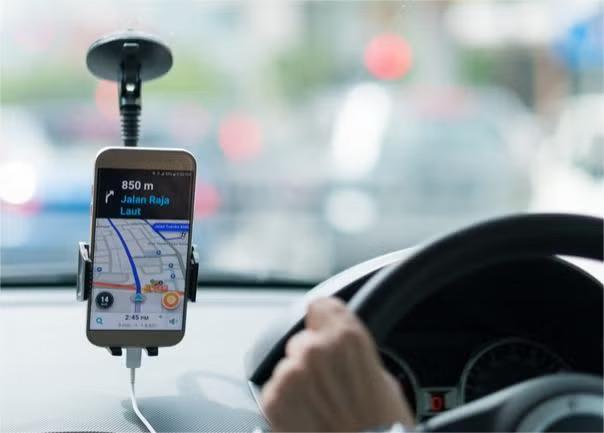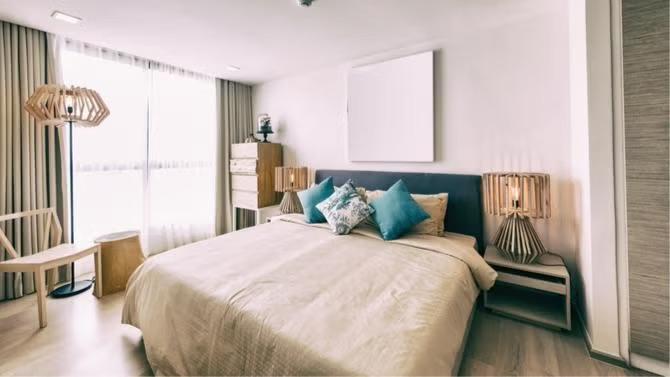
The Sharing Economy – Don’t get Left in the Past
Imagine this. Somewhere in California, Pierre Omidayr started the sharing economy with the launch of eBay in September 1995. Not because he wanted to start a peer-to-peer revolution, but because his wife collected Pez dispensers and he wanted there to be an easier way for people to buy/sell them. Fast-forward over 20 years later and we are in full swing of the shared economy with no signs of slowing down.
Simply put, the sharing economy can be defined as the exchange of goods or services between a consumer and seller that are facilitated by a community based online platform. It began with eBay and continued on with Airbnb and Uber. Then we started with the ‘Uberfication’ of everything.
About Flight Centre Travel Group
The Flight Centre Travel Group is one of the world’s largest travel retailers and corporate travel managers. The company, which is headquartered in Brisbane, Australia, has company-owned leisure and corporate travel business in dozens of countries, spanning Australia, New Zealand, the Americas, Europe, the United Kingdom, South Africa, the United Arab Emirates, and Asia. ASX listed Flight Centre Travel Group (FLT) also operates the global FCM corporate travel management network, which extends to more than 100 countries through company-owned businesses and independent licensees, along with Corporate Traveller, the flagship business specific to the small-to-medium-sized enterprise sector. For more information, visit fctgl.com.
Tell us what you think about the sharing economy!
Are you an Uber fan? Do you stay at Airbnb accommodation regularly? Then take our survey on the sharing economy and you could earn yourself a $500 credit with Uber!


